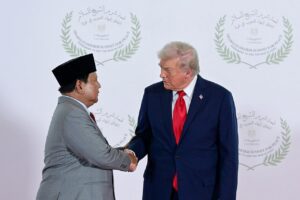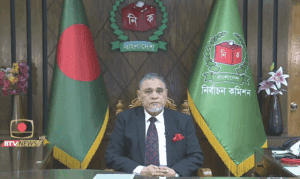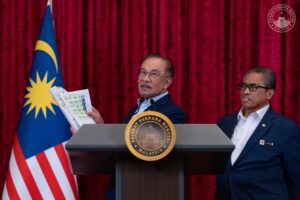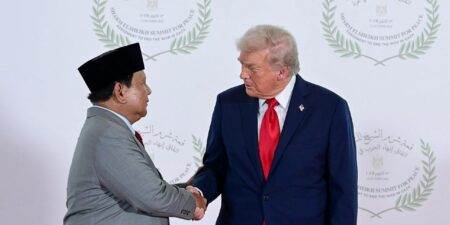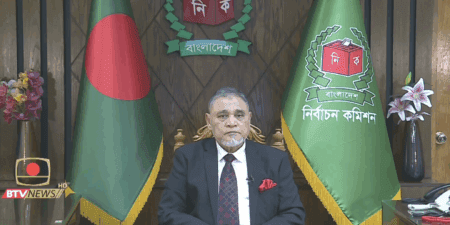
Vietnam: Tariff Tracker | May 5, 2025

Context
- Following a virtual meeting between Vietnamese Minister of Industry and Trade Nguyen Hong Dien and U.S. Trade Representative (USTR) Jamieson Greer April 23, Vietnam sent a technical delegation to Washington to meet with their counterparts at the USTR to get clarity on the terms and conditions of the negotiation. Vietnam is among the first group of countries — including India, the United Kingdom, Japan, Korea and Indonesia — with which the administration of U.S. President Donald Trump agreed to initiate negotiations, highlighting the strategic and important role of Vietnam for the United States.
- The negotiations will start May 7, according to an announcement from Prime Minister Pham Minh Chinh at the ninth National Assembly meeting, held May 5. He added that the goal of the negotiation is to protect Vietnam’s rights, promote balanced trade and comply with international agreements. Minister of Industry and Trade Dien has been instructed to prioritize the negotiations over overseas travel.
Significance
- Vietnam’s Customs Department is reportedly strengthening cooperation with U.S. Customs and Border Protection to improve to control the source of origin of exports. Both sides are coordinating to verify fraud and illegal transshipments, particularly from China. They are implementing the “container security initiative” at major Vietnamese ports with international security standards and aim to finalize the “cooperation agreement on the use of cargo manifests” by the end of this year.
- Prime Minister Chinh recently held the sixth Cabinet meeting on U.S. reciprocal tariffs. He urged companies and agencies to finalize agreements in May for purchases of liquefied natural gas (LNG), aircraft, pharmaceuticals, medical equipment and agricultural products to reduce Vietnam’s trade surplus with the United States. He emphasized calm, steadfast yet flexible negotiations, avoiding perfectionism and haste. Agencies were instructed to work with U.S. counterparts to seek mutual tariff reductions. The prime minister also suggested urging the United States to recognize Vietnam as a market economy and lift high-tech export restrictions to support balancing trade and technology transfers.
Implications
- From April 3-16, the Customs Sub-Department of Region 2 reported that 14 export declarations to the United States, valued at nearly $533,000, were canceled. Between April 5 and 8, three declarations worth $138,000 were canceled following the April 2 U.S. tariff announcement. The garments and electronic components sectors were most affected.
- The proposed reciprocal tariffs by the United States are causing significant concern for Vietnam’s labor market, particularly in labor-intensive industries such as textiles, footwear, electronics and furniture. Business leaders warn that higher tariffs could lead to reduced competitiveness and widespread layoffs, especially in industrial zones around Ho Chi Minh City. The ripple effects may also impact logistics and supporting industries, exacerbating unemployment and social welfare challenges. To mitigate these risks, companies are urging the government to provide financial support, including preferential loans, tax relief and extended debt repayment terms.
We will continue to keep you updated on tariff-related developments in Vietnam If you have any comments or questions, please contact BGA Vietnam Managing Director Nguyen Viet Ha at vietha@bowergroupasia.com.
Best regards,
BGA Vietnam Team

Nguyen Viet Ha
Managing Director
Ha is a highly respected Vietnamese lawyer, with special expertise in financial transactions, mergers and acquisitions, as well as general business, trade and investment-related issues. Before joining BGA as managing director for Vietnam, Ha managed the Vietnam operations of BrooksBowerAsia for three years. She built and led the Vietnam team and serviced clients in various sectors ranging from energy and ICT to healthcare, logistics and consumer production. Ha practiced law in Vietnam in the 1990s, providing legal advice and consulting services to Fortune 500 clients. She also participated in drafting a number of laws and regulations, including the Foreign Investment ... Read More
×

















